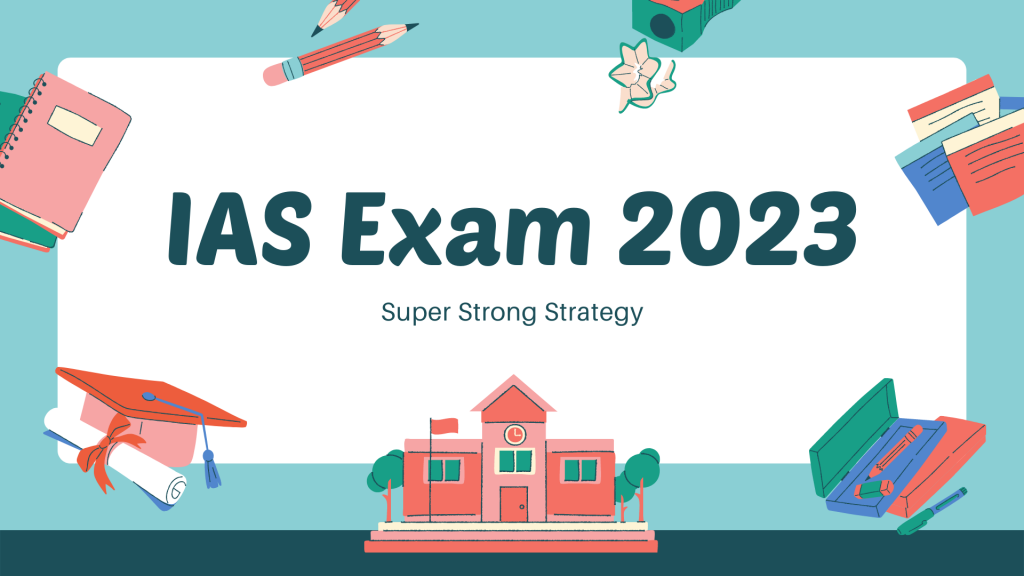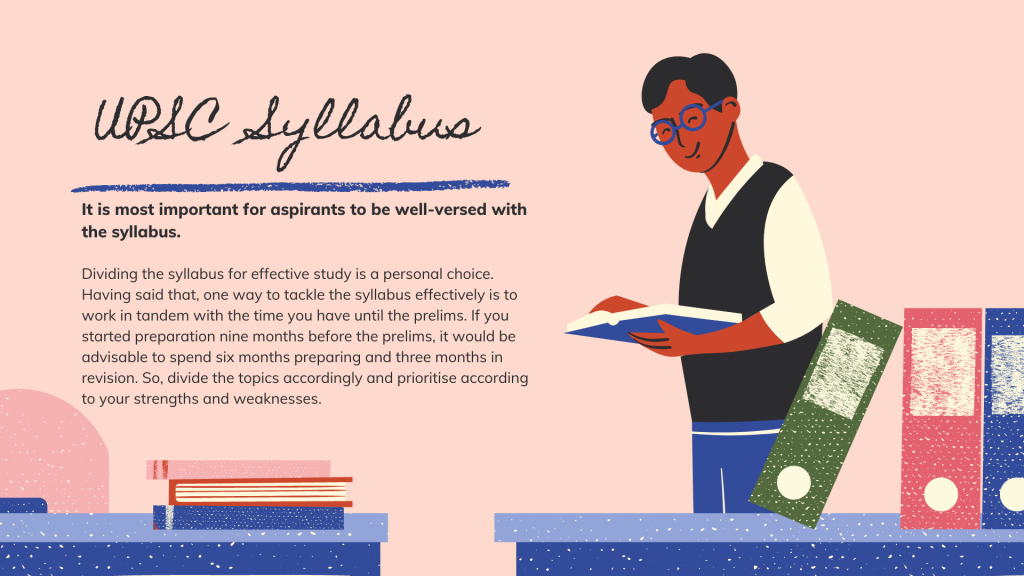Founded in 1858 (as Imperial Civil Service) and then in January 26, 1950 (as Indian Administrative Service). The Indian Administrative Service is the premier administrative civil service of the Government of India. IAS is considered to be the highest administrative post among the 24 services like IPS, IFS etc. Officially it is called as Civil Services Examination (CSE), which is conducted every year by the central recruiting agency, the Union Public Service Commission (UPSC).
IAS is the permanent bureaucracy in India and forms a part of the executive branch. The selected candidate can be employed by both the Union Government, the State Governments and public-sector undertakings. All these examinations are conducted by UPSC in the form of Civil Services Examination (CSE).
When on deputation outside India, the IAS officer can be engaged in inter-governmental organizations like the International Monetary Fund (IMF), World Bank (WB), the Asian Infrastructure Investment Bank (AIIB), the United Nations (UN), or its agencies and the Asian Development Bank (ADB) etc. This is considered a very tough exam and people spend years and years just preparing for it. And if there is enough hard-work and luck you get selected.
Here are some tips and suggestions by some of the toppers of IAS Examination:
1. Create A Sustainable Study Schedule: Ensure that you structure your time well and make the most of it. It is also important for students to use the time in college to develop their personalities. This will come in handy while appearing for the interview. Work on internships and participate in co-curricular activities while in college for an all-rounded development. Aspirants must give themselves time in college before going into the preparation. Use the pre-preparation time to work on your personality. This should reflect in the Detailed Application Form (DAF) that you fill out. UPSC looks for well-rounded personalities and not just those who are studious.
2. Give it your all: Cut yourself off from everything that is non-related to your preparation. Don’t worry or think about anything other than studying. Focuss on cementing his understanding of the basic concepts and then divide your time between studying for the prelims and mains. Watch several topper videos to get an idea of how they prepared. This gives a fair idea and helps to form a strategy and plan.
3. Stick To The Syllabus: While numerous applicants say that the syllabus for the CSE is vast, it’s different yet limited. Before one begins the introductory trip, sitting with the syllabus and understanding what it entails will help. Pick the books that are specified and stick to studying from those. Applicants can look at other sources once they’ve learned the given book list and available content material. Applicants must revise one textbook at least 10 to 15 times before they can indeed look at other study material. Take some time to plan your study grounded on the syllabus. Divide the syllabus motifs into lower gobbets that you can work on during the month. Further, these motifs would be divided into daily and diurnal plans as well. This is an intertwined way of approaching the syllabus and planning further. Alongside sticking to the syllabus, applicants must also solve as numerous mock papers as possible. Staying focused and revising the same content several times helps in strengthening one’s grasp over it.
DOWNLOAD NOTES FOR IAS EXAM
4. Work on Weakness: The more mocks you solve the better your understanding of the topic. This will also help you understand what your strengths and weaknesses are. While you must continue to work on strengthening your stronghold over topics it is equally important to spend time on your weak subjects. Analyse each mock paper and take notes of what you do not know and work on that. For example someone is weak in history so he should make a small factbook. This book would contain all the important points that one needs to remember. Every morning wake up and spend some time revising these facts to ensure that you remember them. This is a way of improving in a certain subject and aspirants could devise their method as well. And even while attempting the mocks, make sure you aim to get above 100 in all sections. In the topics you are unable to do so, spend more time to strengthen your understanding of it.
5. Form A Small Friend Circle and Cultivate a Hobby: Don’t waste time on social media platforms, form a small but very close-knit group of friends. Choose your friends wisely who motivate you and can also called upon when in doubt. The friendships should be such that you learn from each other’s strengths and weaknesses but never become an obstacle for the other. Cultivate a hobby, through the preparation period ensure that you keep in touch with the art form and your passion. This helps to come out of that slump and all the negative thoughts, aspirants must pursue a hobby or passion. It helps in looking at things from a different perspective.
6. Use Notes As A Weapon: Notes are like weapons during the CSE preparation stage. If you do not have good notes you are going to lose. While for the prelims one does not require to make notes for mains one must have comprehensive notes to fall back on. For the general studies and optional paper make exhaustive notes. Before the mains only revise using the notes you have. For prelims revise from the books and for mains revise only from the comprehensive notes that you make. Read at least 2 newspapers regularly and make it a habit. Understand the past, present, future of the news. Don’t make notes from the newspapers, but read to build a general temperament.
7. Make good use of available resources and technology: There are numerous online platforms that can be used extensively while preparing for the examination. Rather than wasting time on social media surf the internet for your mind development. Watch inspirational videos, watch topics get explained, find online notes and study from them, watch mock tests. Make the best use of the technology you are using for the good.
8. Map the resources you have with the syllabus: It is most important for aspirants to be well-versed with the syllabus. The first exercise an aspirant must take time out for is to map the resources/content one has with the entire syllabus. Even while studying keep the syllabus before yourself keep cross-checking. For example if you are studying climatology from Geography, have the official syllabus before yourself and also have the previous year’s question paper handy to have a fair understanding of what is likely to be asked.
9. Divide the syllabus in proportion to the time you have: Dividing the syllabus for effective study is a personal choice. Having said that, one way to tackle the syllabus effectively is to work in tandem with the time you have until the prelims. If you started preparation nine months before the prelims, it would be advisable to spend six months preparing and three months in revision. So, divide the topics accordingly and prioritise according to your strengths and weaknesses.
10. Revision also needs to be planned: Do not assume that your preparation ends when you complete the syllabus. Even revision requires meticulous planning. While revising make a mental note of all the often-asked questions and topics. Some examples are Articles of the Constitution and important and landmark judgements. Making a list of such important topics is also beneficial for aspirants.
11. Use Google search effectively: A simple Google search can usually throw up several resources and one can get confused about which one to pick. We have an easy solution to this, whenever you are searching for a topic specifically from the exam point of view, add the topic and UPSC in the search bar. So if you were to look for some topic, add the name of that topic and ‘UPSC’ while searching, then make your own points and notes from the top three resources that would show up. Follow this time table and don’t move away from your path. Believe in yourself and work hard. At least spend 8 hours a day studying and revising. And I am sure you will find the way to your dreams.




